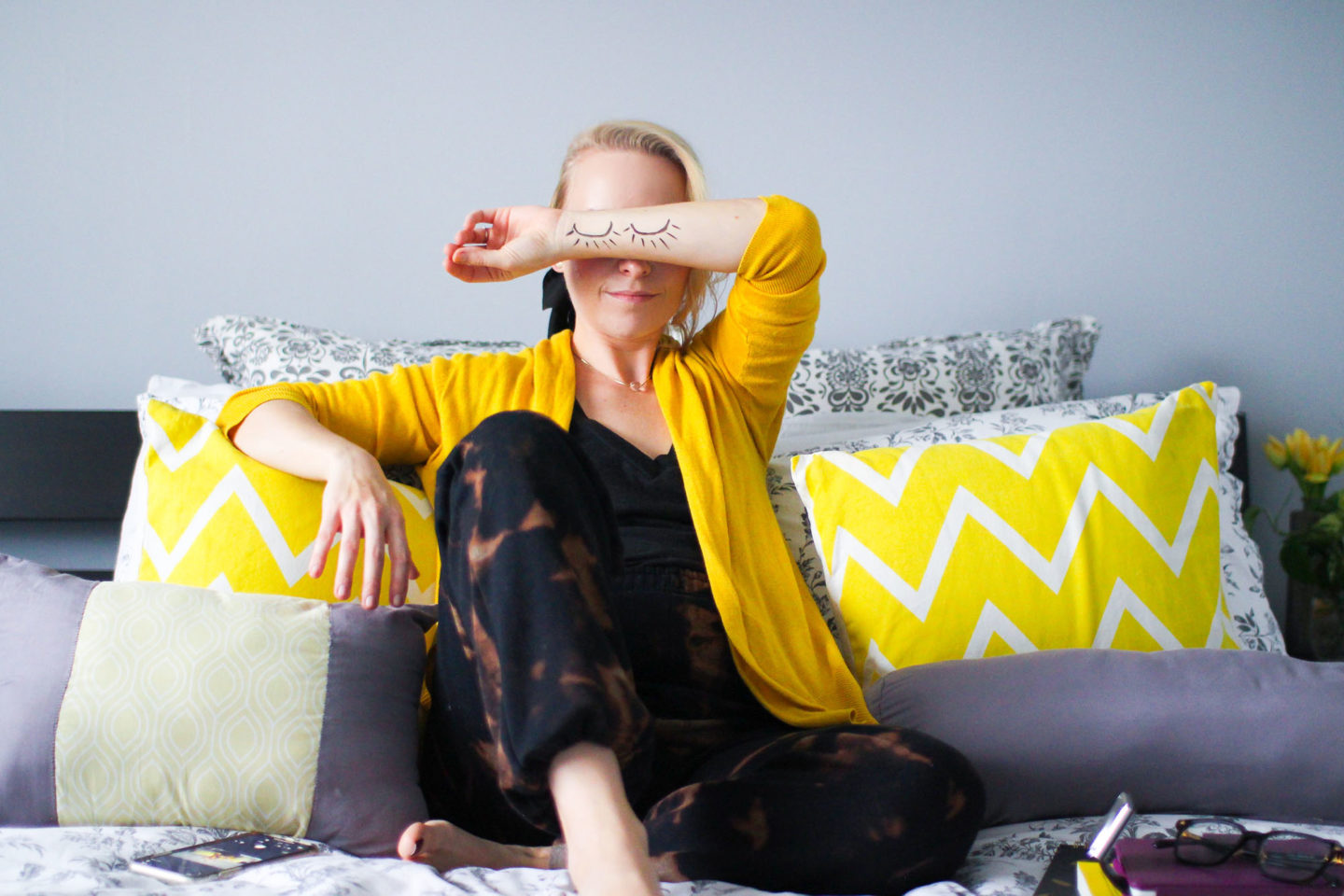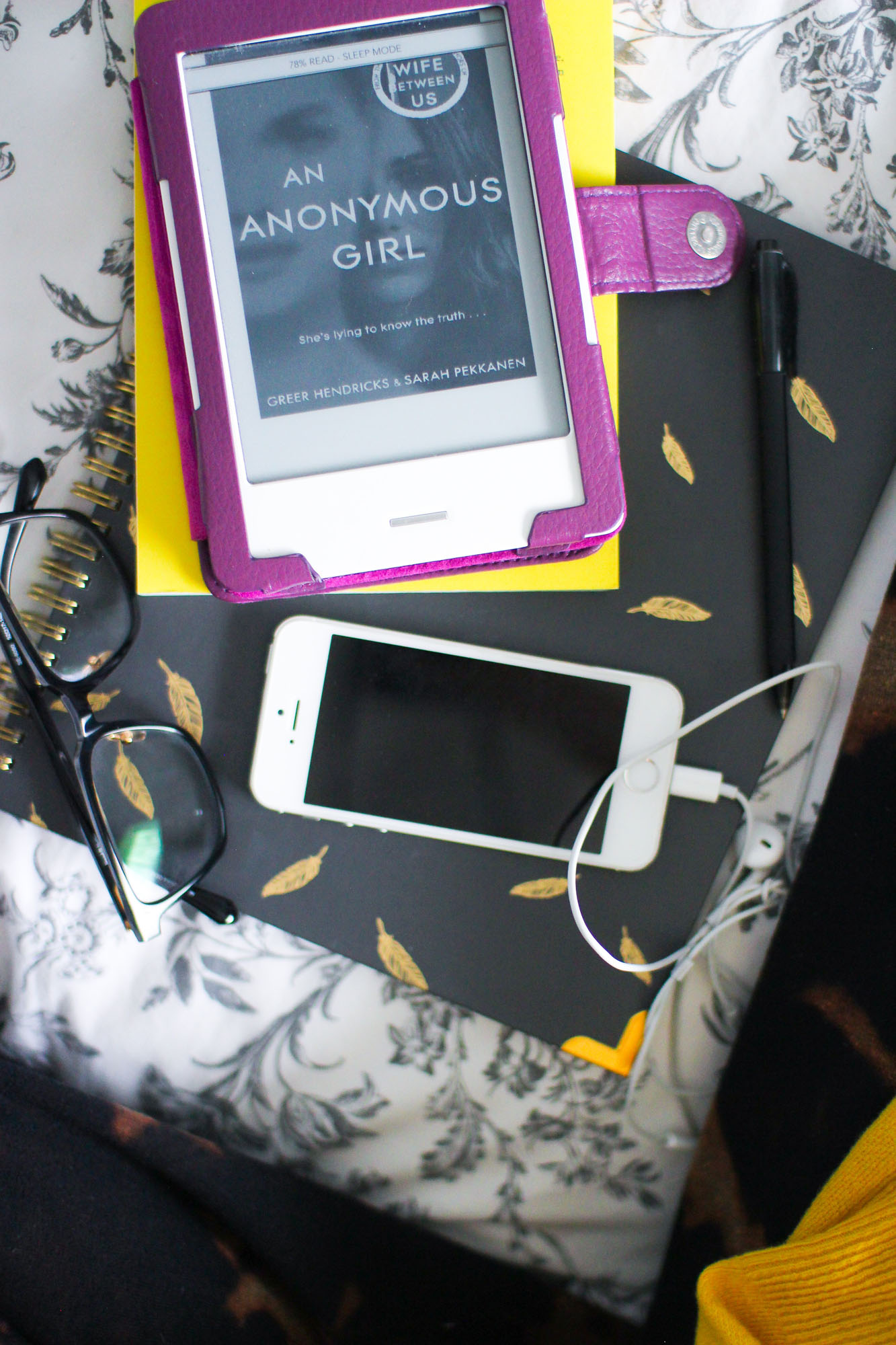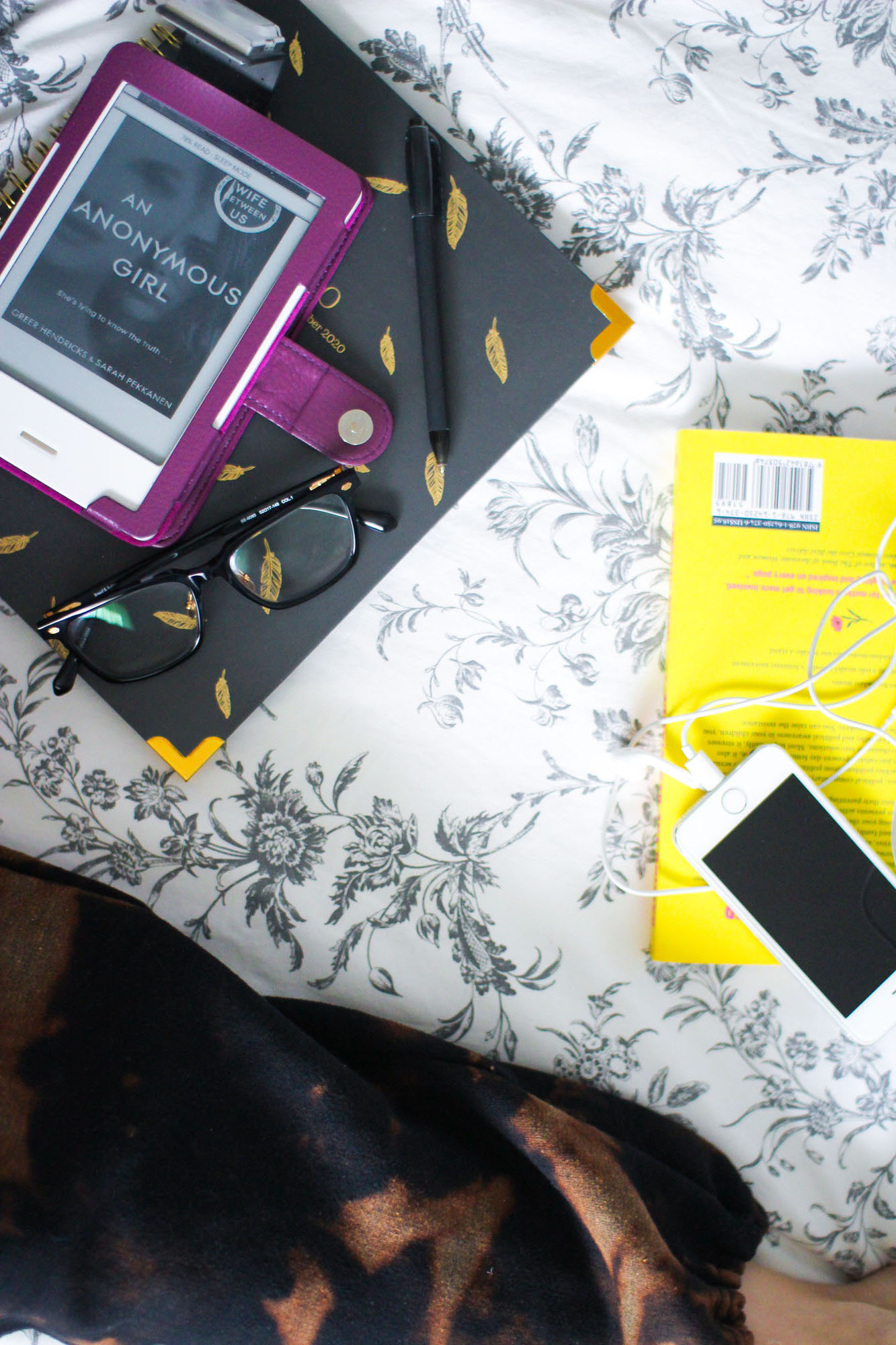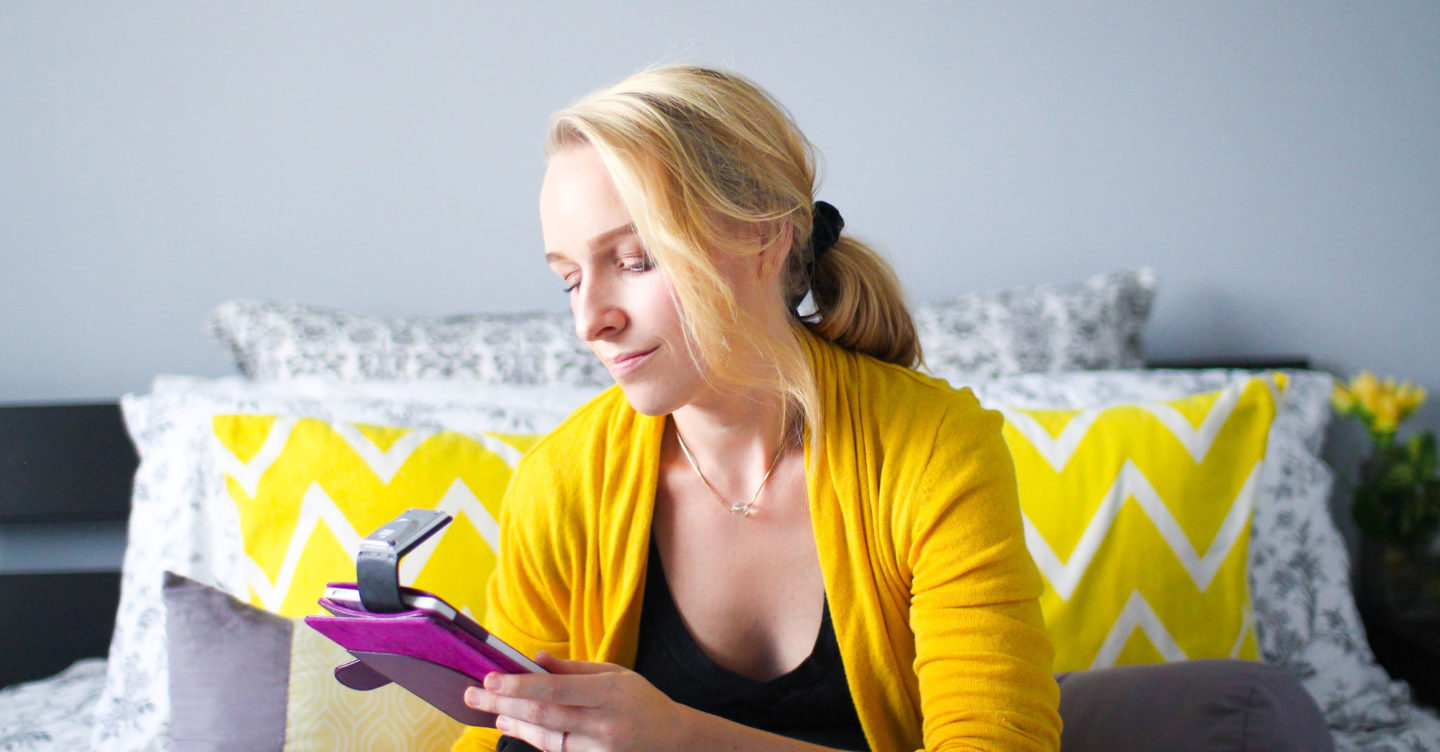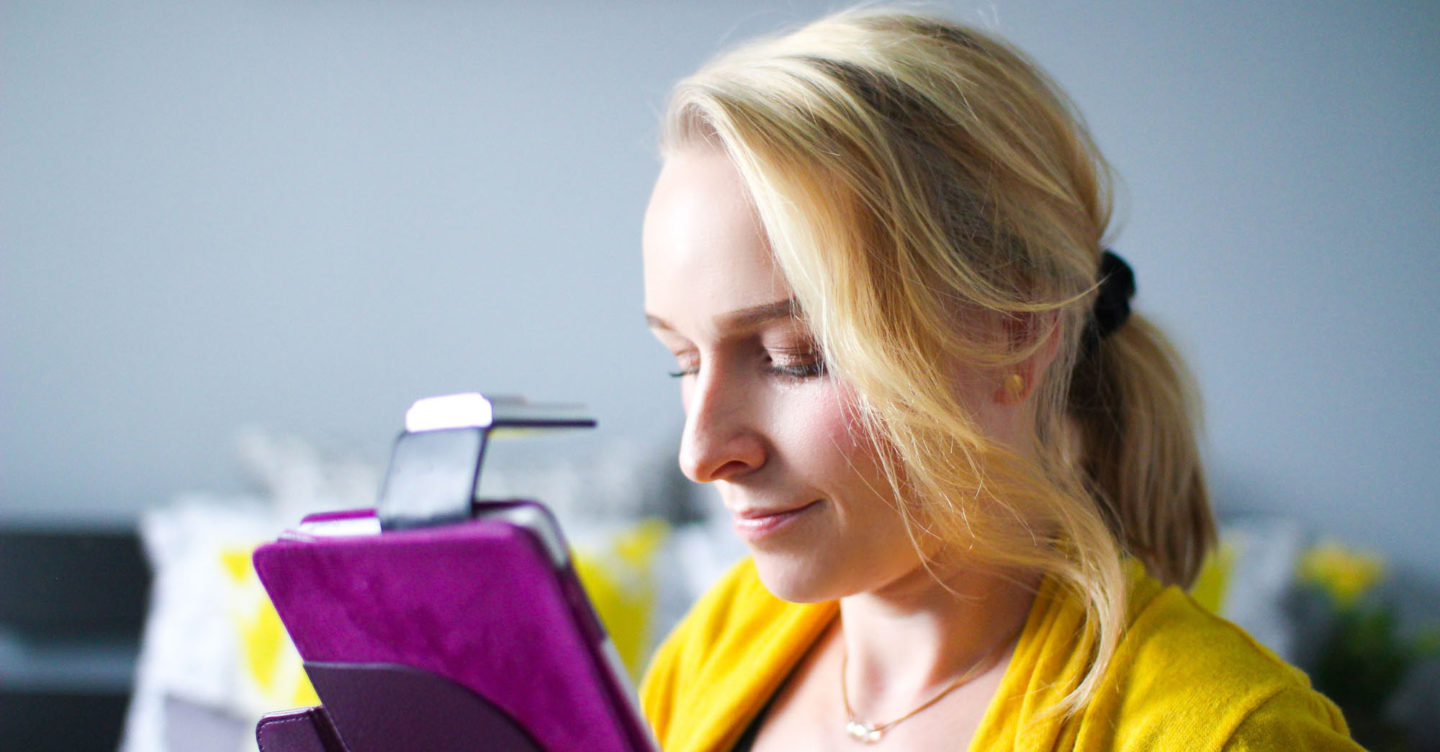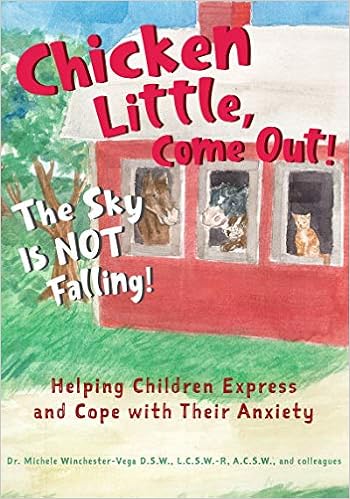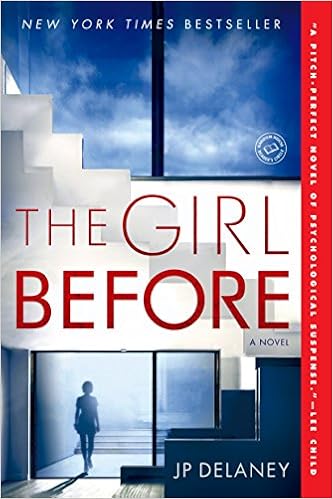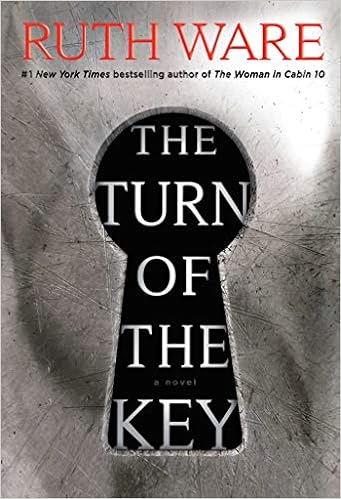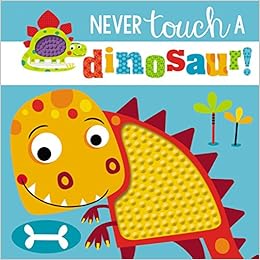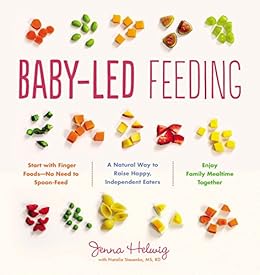Habits and strategies from a professional counselor for getting a better night’s sleep and coping with middle-of-the-night anxiety.
About 5 months ago, around the same time that I found out I was pregnant, I started to struggle with sleeplessness. I just felt anxious in the middle of the night and couldn’t get myself back to sleep no matter how hard I tried. Although I had no trouble falling asleep initially, come 3 or 4am I’d wake up and lie there wide awake with my mind going a hundred miles a minute.
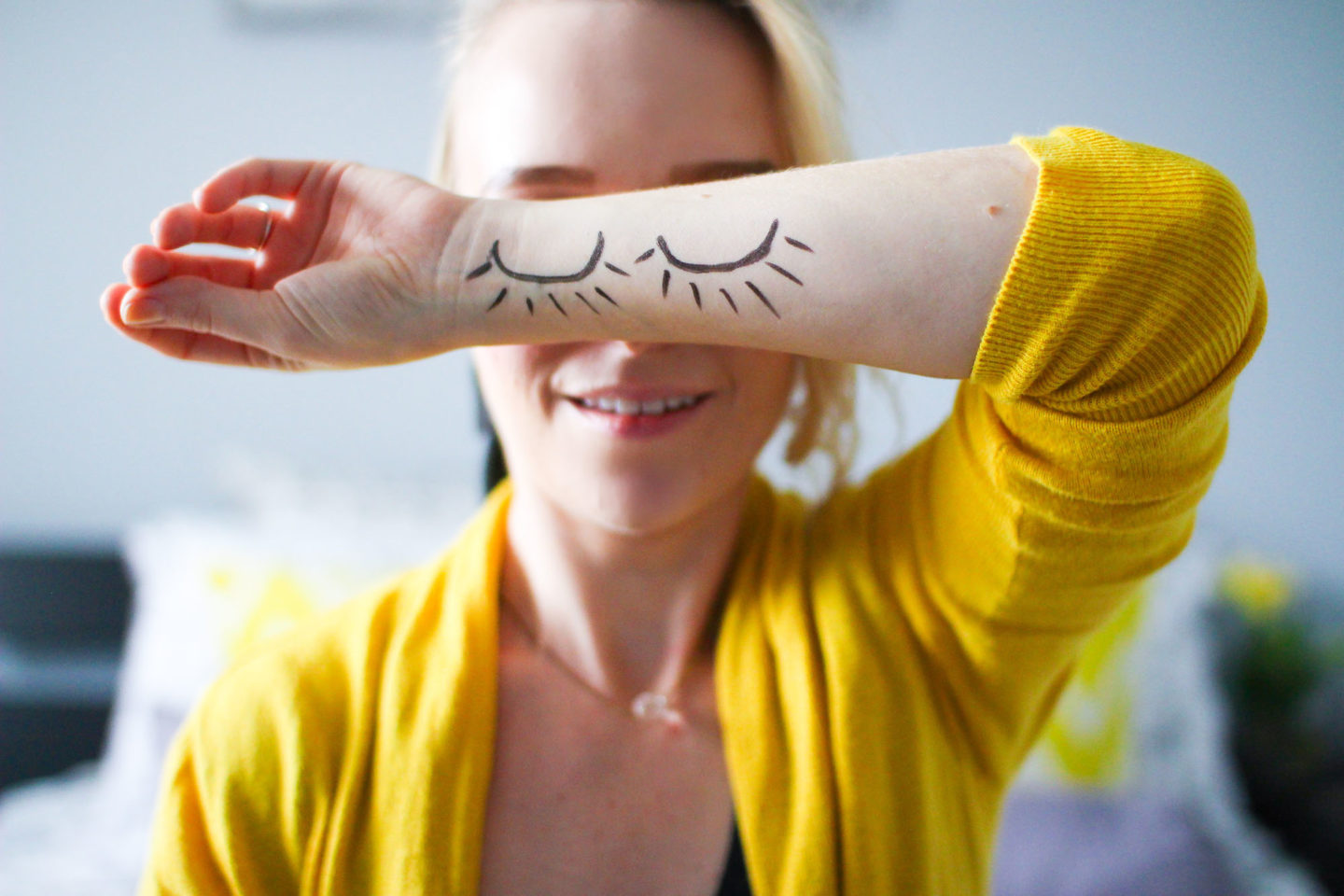
Turns out that drawing on your own arm is actually way harder than I anticipated. If you’d like to see the behind the scenes of me struggling to do so (as it’s rather funny) and see how I took all of these images solo with a tripod, check out this video.
I was utterly confused about what was happening. I felt fine during the day, albeit I was obviously tired due to the lack of proper sleep. This feeling of overwhelming worry and anxiety only seemed to materialize in the middle of the night.
As it turns out, the timing wasn’t a coincidence. I found out that anxiety can often materialize during pregnancy and is referred to as pregnancy anxiety. I had no idea this was even a thing until it was happening to me. Pregnancy anxiety doesn’t necessarily only strike in the night, that’s just how it materialized for me.
I just felt anxious in the middle of the night and couldn’t get myself back to sleep no matter how hard I tried. I’d wake up and lie there wide awake with my mind going a hundred miles a minute. Sleep was replaced with middle-of-the-night anxiety and worry, a symptom of pregnancy anxiety.
Although I’m speaking in the past tense because I have made a lot of progress over the last few months and things have largely improved, everything I’m about to share with you is still a work in progress. None of the strategies I’ve enacted to deal with my anxiety have presented an overnight solution, that’s not how this works. It takes determination, discipline, and practice because this is about breaking bad habits and implementing new and constructive ones.
If there isn’t anything to worry about, I’m highly skilled at making up unrealistic scenarios in my mind with horrible and unrealistic outcomes.
At 3am, that ever-expanding to-do list and those imaginary unlikely scenarios feel overwhelming. It’s like I’m on a merry-go-round that I can’t get off of.
For me, it doesn’t always matter how long or short that to-do list is. At night, I lie there wide awake, unable to turn off my brain. It’s like I’m sitting on merry-go-round that I can’t get off of. And if there isn’t anything to worry about, I’m highly skilled at making up unrealistic scenarios in my mind with horrible and unrealistic outcomes.
So here are some of the strategies I’ve been utilizing to get off the merry-go-round of anxiety. They have helped me to get some much-needed sleep over the last few months. I didn’t come up with these on my own, but with the help of a professional (more on this later in the post).
1. Limiting Phone and Social Media Use
It’s ok if you feel like you’re addicted to your phone. It’s ok if you find yourself scrolling through social media in bed. But it is most likely contributing to your heightened anxiety and sleeplessness.
We’re living through a pandemic, and since we can’t connect the same way we used to many of us are struggling. It’s especially hard to limit screen time and put the phone down these days. I completely get it. Our phones have become more important than ever. We have come to rely on them to stay connected to our friends and family, and they’re a key source of entertainment when we’ve been stuck inside our houses more than usual.
I have been working in social media for 5.5 years and have certainly gotten better at maintaining a disciplined approach to my social media use, but it’s still challenging. Over that time, however, I have developed some positive habits that have helped me to get this far without becoming an endless screen-scrolling zombie.
My Phone Rules to Live By
Set a time limit for your phone: mine has always been 8pm (although sometimes I falter). I set up my phone to switch into night-shift mode, as a visual reminder that I should no longer be using it for the rest of the night. At worst, I may be messaging friends or family, but I’m not on social media most of the time.
Never charge/bring your phone in the bedroom: Have a designated place for your devices. We have a table in our living space that has organized charging cables, and that’s where the phones and iPad live when they’re not in use. All devices are set to go into silent-mode at a certain time so they aren’t bleep-bleeping from the other room, that way they are out of sight and out of mind.
No app notifications: I have almost every single kind of notification turned off on my phone. I invite no social media notifications of any kind (except for Facebook Messenger, as that’s kinda like getting a text message and how people often get in touch with me for work-related queries). I made this change some time ago as I was constantly receiving some kind of alert from Instagram or Twitter. I quickly realized it was super distracting.
I do allow things like my reminders app to send me an alert (as that’s the point of those), but other than a few exceptions most of my apps are kept quiet. Set those notifications with intention. Otherwise, they are most likely going to distract you from why you picked up your phone in the first place.
Write it Down, on Paper
The daily planner: I have a planner in which I schedule appointments and meetings. That’s also where I write my to-do lists. I write some to-dos for that particular day and some that are just generally categorized by work and home life (such as invoice that brand, or order Lucas mittens, that kind of thing). When something I have to do pops into my head before bed or in the shower (always in the shower, right?), I write it down on paper. I don’t want to pick up my phone and invite an accidental social-media scrolling session.
The bedside tiny notepad: I also keep a tiny notepad on my bedside table. That’s where I write down the thoughts that come crashing in at 3am. Yes, sometimes they’re pretty scribbly, but other times I use my booklight to see. This practice allows you to dump those thoughts out so that your mind can relax. If you’re consumed with remembering this or that, it’s hard to get back to sleep.
Thoughts creeping in at 3am? Write it on paper via a small notepad placed on your nightstand. That way it’s out of your mind and you can go back to sleeping without trying to remember it.
Taking a Social Media Detox for 36-48 Hours
Whenever possible, I try to go offline for at least 36-48 hours at a time. This is usually dependent on my work schedule as a blogger/influencer and freelancer. But when I can, I ditch my phone entirely for weekends at a time. I find that this detox is only impactful if you’re offline for at least that much time. If you don’t work in social media and/or are able to stay away for even longer, do it!
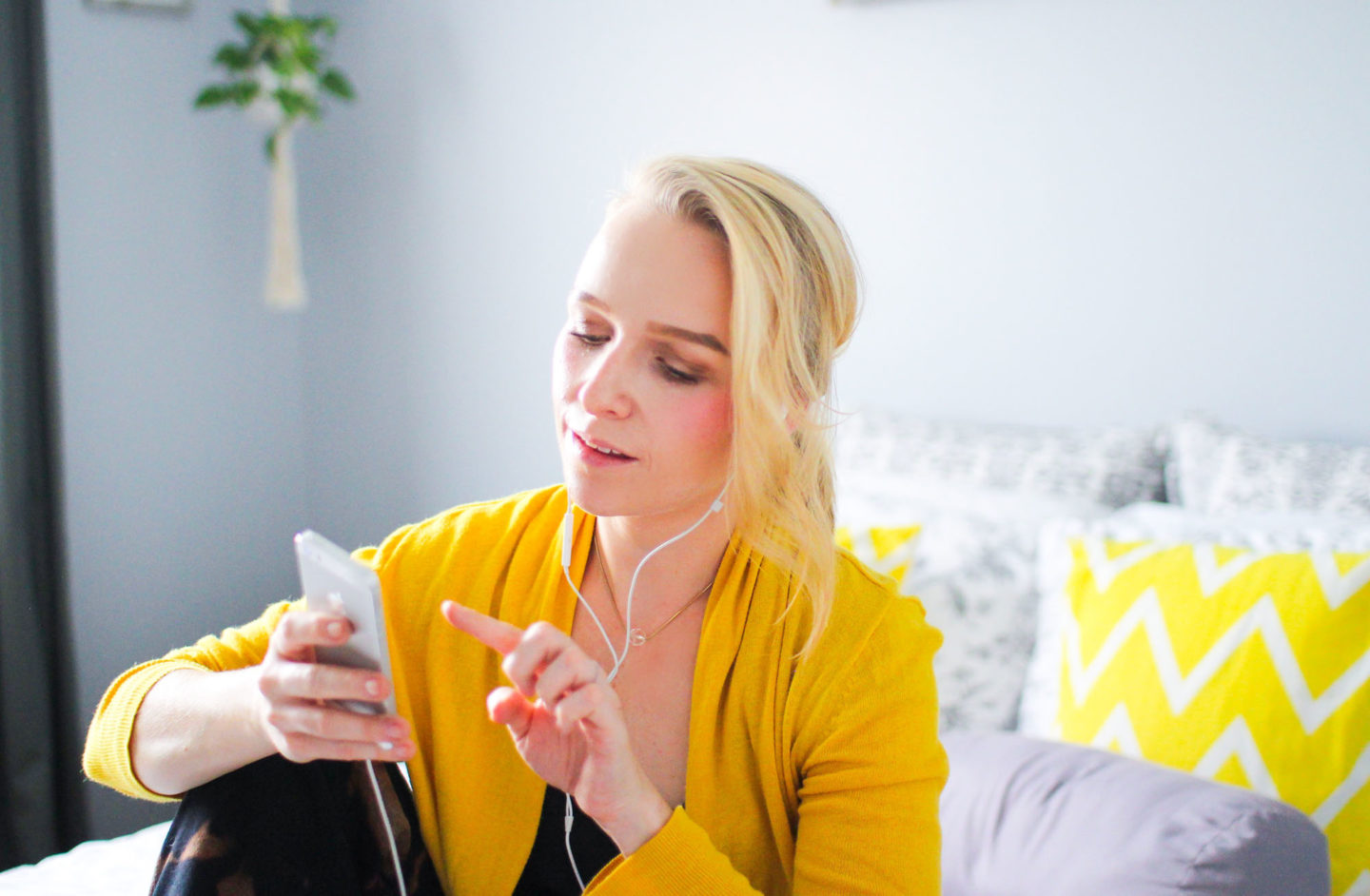
Scrolling through Instagram or Facebook when you should be winding down or sleeping? Stop bringing those devices into the bedroom!
How do I fight off the temptation to use my phone during a digital detox?
Just give it a designated spot to chill out and leave it! Whenever I feel a moment in which I would normally pick up my phone, instead I just think nope, we’re not doing that today. It almost becomes a game between me, myself, and I, to see if I can live up to the challenge and just not touch the darn thing. Go watch a show in another room, go outside, or take on a project instead.
Living in a world with a 24-hour news cycle, one that is always telling us to do more and reach farther is too much sometimes. We can’t change that reality, but we can change how we engage with it, and decide when we don’t want to.
Why take a digital detox? It’s restorative. After a break from my phone and social media, my productivity is increased. I feel energized, and I often come up with new creative ideas. Inspiration is more likely to come from your real-life and lived experiences, not via your phone.
After taking a digital detox I feel energized, and I often come up with new creative ideas. Inspiration is more likely to come from your real-life and lived experiences, not via your phone.
What if someone needs to contact me?
If you’re worried about being away from your phone because someone important may not be able to get in touch with you, tell people to phone you instead of text. Additionally, you can go into your settings and add that particular contact to the list of exceptions so that even if you have your phone in do not disturb mode, it will notify you if certain people need you. I also told my family members to text/call my hubby if they needed either one of us. When we went out, I’d come back in, pick up my phone just to make sure I didn’t miss a call or message, and limited myself to just that interaction with my phone. I didn’t even unlock it.
Unplugging helps me to restore my brain and get some rest so that I am better able to sort through my thoughts and ideas. Once I did go back to the regular use of my phone and social media, I am better able to determine which thoughts and actions are productive, and which were useless and distracting.
I realized just how necessary it is to do this on a regular basis. Every few weeks for days, not once every few months for a few hours at a time. That just hasn’t been enough. I regularly do this now and it not only helps me in my work, but I also experience better sleep! It’s like a little getaway from constant content consumption.
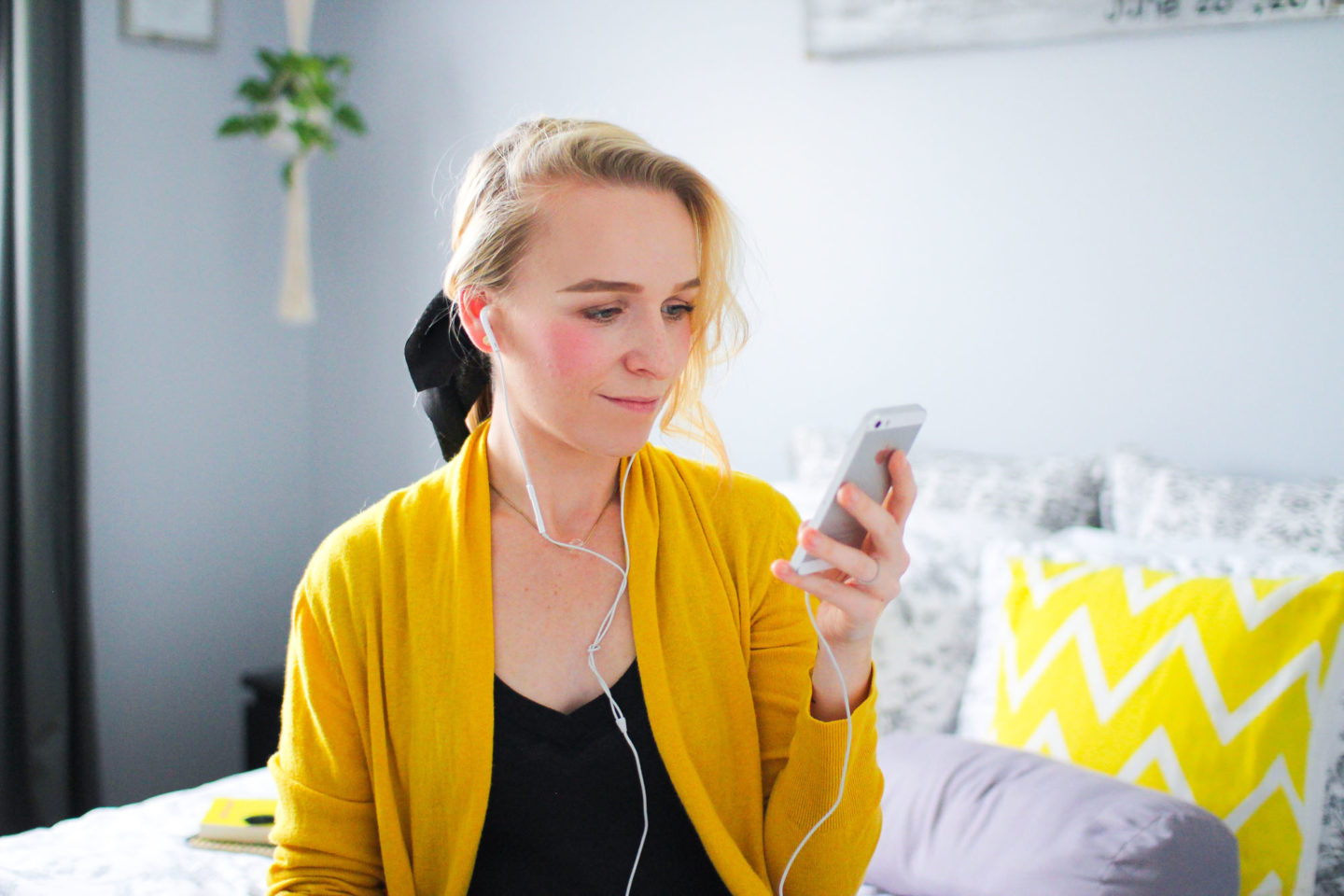
This isn’t my actual phone, this is an old iPhone which I have designated my meditation phone. It lives on my end table and is used just for meditation. Only apps used for this purpose are stored on it.
2. Meditation
(please actually read this before you roll your eyes at me)
If you read that header and are tempted to skip these next few paragraphs, please don’t. I’ve been where you are, where I tried meditation, couldn’t stick to it, or became frustrated with just how bad I was at it.
I’ve been where you are, where I tried meditation, couldn’t stick to it, or became frustrated with just how bad I was at it.
Listen, I’m not going to sit here as if I’m some sort of expert or master yogi and tell you just how great meditation is for your mind because you’ve heard and know this already. The issue for me, and maybe also for you, has been finding time to do it regularly so that you actually feel as though you’re making some progress and are seeing results.
Why do it? I have legitimately meditated less than 25 times for 15-minute intervals over the last 5 months and have already noticed an impact. I feel the difference after meditating. It’s helped me to fall asleep, get back to sleep, or wake up without a headache. It’s also miraculously helped me to get over a headache, which I found I was waking up with after a fitful night of tossing and turning. It’s powerful stuff.
Why does meditation work? I don’t know, go ask an expert or master yogi. I can only tell you that’s it’s helped me to fall asleep, stay asleep, get over a headache, and set the right tone for the day.
When and how long should you meditate for? I find 5-15 minutes manageable for my wacky schedule, while still making a positive impact on my health. I meditate with this free Spotify podcast either before bed, in the middle of the night when I can’t sleep, or first thing in the morning if I’m feeling crummy. It honestly helps to turn my day around. You could also do it on your lunch break or later in the evening. Whatever suits you!
But don’t use your actual phone for guided meditation at night!
If you think meditation will help you with sleeplessness and want to try an app or the track I use, don’t use your actual phone! If you can, find an old device and use that instead. I have an old iPhone that is connected to WiFi, has Spotify installed, and headphones ready to use wrapped around it. Remember, your cell phone has no place in the bedroom! So use an old device that holds this singular purpose instead.
And if in the middle of meditating you find yourself constantly battling shutting off your brain and actually concentrating on your breathing like the super calm app lady says, just keep at it. Once you realize your mind has wandered off, just come back and try again. It gets easier, I swear.
Sometimes I read a physical book, other times I use an e-reader to read before bed. The case (mine is old so here’s a newer version) has a light that can be subtly turned on if I need to read in the night to help myself get back to sleep. I also always have my meditation-only iPhone on my bedside table when I want to listen to this podcast.
3. Mindful Singing
Did you say singing? Yes, yes I did.
What on earth am I talking about? Mindful Singing is something I first tried when I was working a stressful 9-5 job in marketing and communications. I struggled with stress, so when I came upon this meditation-via-singing class, I thought I’d try it. I started attending regularly on my lunch break. Every week about 10-20 strangers would sit in a circle and sing. Not as a choir, not to sound good, just as a release.
Mindful Singing is meditation via song, it is a way to sync your mind and body to help you relax in the moment. So if like me you find it challenging to be quiet and be alone with your thoughts, singing provides distraction and gives your mind something to focus on while also serving as relaxation. Trust me, I am not a singer (unless you count belting it out in the car to The Wiggles as a performance). Sounding good is really not the point. The purpose is to relax and destress. The songs are easy to learn after hearing them just one time as they are dead simple.
Pre-pandemic I attended this Soulful Singing class in person, now it’s available online for anyone to take part in and Wendy the practitioner is truly awesome.
These days, when I can’t get back to sleep I even sing the songs I’ve learned via these sessions in my head with my eyes closed while I try to get back to sleep. If I’m having trouble telling my mind to be quiet, I let it sing instead! It’s another way to distract my brain and gently fall asleep.
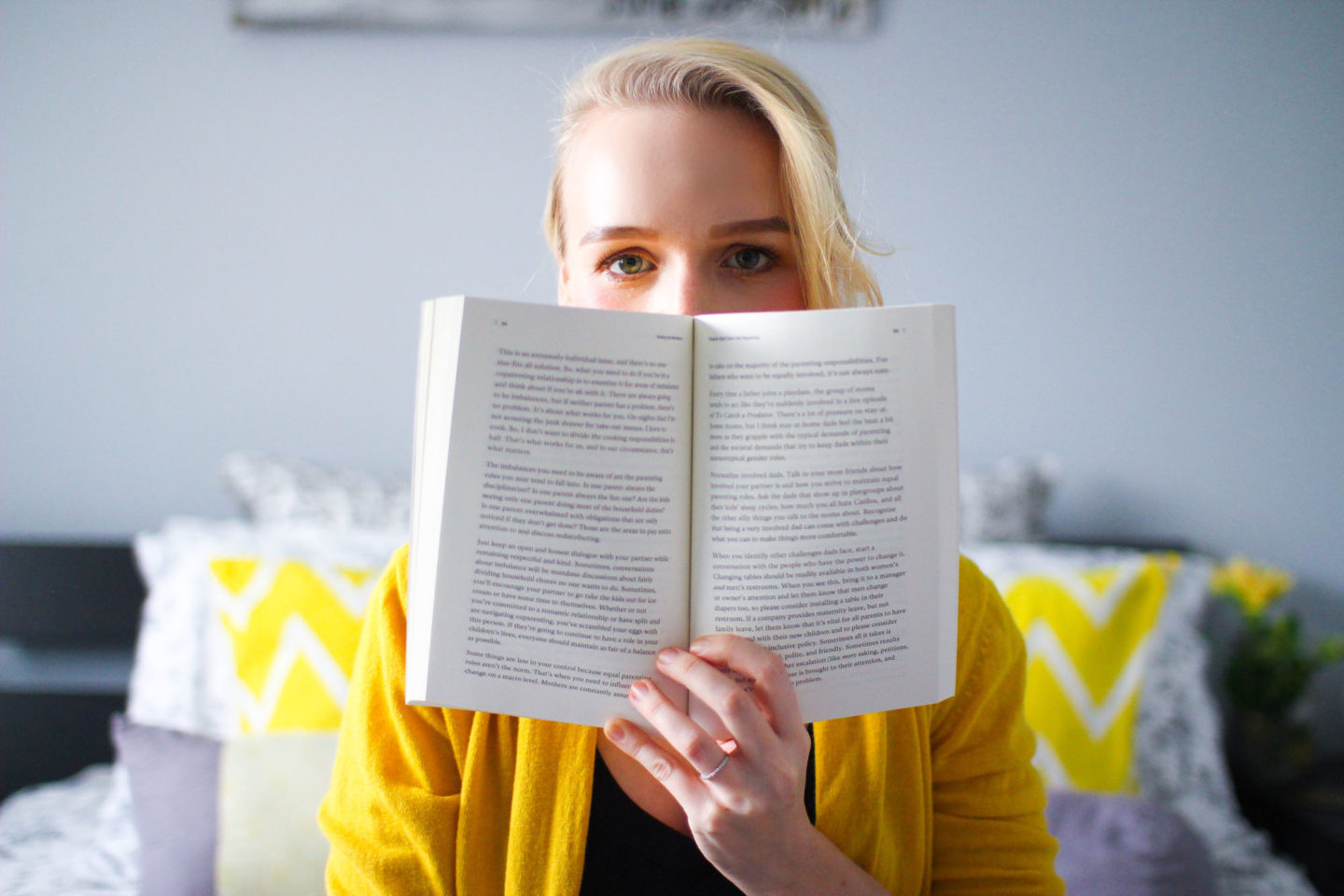
Reading, whether it’s a physical book (sometimes with this book light if it’s 3am) or on my e-reader, helps me wind-down before bed, escape reality, and get back to sleep at night if I find my mind going a mile a minute.
4. Read Fiction
Reading is an escape for me. I love to read books like The Montessori Toddler (which I spoke about in this blog post), and am currently reading a book about practical activism. These kinds of books challenge me and inform me. But they do not help me sleep or lower my anxiety levels. For that, I need fiction.
What do I read? I like fictional stories because they take my mind elsewhere. I’m not thinking about the headline I saw on the news or things I should do. I’m engaged in a story. I personally like thrillers or murder mysteries (you can find books I like as well as books I love for kids via my Amazon list). Reading fiction is like watching a movie or a really good TV show, with the added benefit of helping you to wind down for a solid night’s sleep.
Reading fictional stories is an escape from reality. It’s like watching an engaging movie with the added benefit of helping you to wind-down for sleep (screen time won’t do that).
When do I read? Reading is something I do every night before sleep. I don’t watch TV or scroll my phone (again, it ain’t invited to bed) because I know that screen-time won’t help me achieve my goal of shutting down and getting/staying asleep. If I wake up in the night, I often read as it helps me to feel sleepy and doze off again. I have an older version of this e-reader and this case that comes with a light so I’m not waking up hubby. I also have this book light for physical books.
5. Exercise
But the kind I will actually do…
Yes, you’re rolling your eyes again because you’ve heard this before. I get it. I am no fitness guru and am terrible at consistently exercising. I largely count chasing my toddler around with a growing pregnant belly a workout. But that doesn’t always do the trick.
What do I do for exercise? I often opt to use my stationary bike because it allows me to negotiate what I want to do, and what I should be doing (AKA, I should exercise but I just want to watch TV). So, I do both.
I position the bike in front of the television, set the timer for 20-30 minutes (which depends on how damn tired I am), and go. The TV distracts me from remembering that I’m exercising, but allows me to tire myself out physically, which in turn helps me to sleep.
I just find that if my body is physically tired, it helps to get me asleep fast and to stay asleep. I never worry about being mentally drained, the combination of juggling work and parenting usually does the trick, so it’s just a matter of catching my body up to my mind and making it just as tired!
6. Counseling
This final point is hard for me to address. I have never tried counseling up until now. It was hard for me to realize that I needed to talk to an expert about what I was going through.
Why did I seek help? One morning I woke up exhausted after yet another night of worry and anxious non-sleep. I had a pounding headache and just sat there crying. My husband encouraged me to talk to someone and reminded me that if I hated it, at least I tried and wouldn’t have to continue.
How did it help? With the ongoing pandemic, sessions are all via video or phone. I booked one (through my husband’s work plan) and got a call from a counsellor a few days later. She was actually the one who helped me to identify that what I was experiencing is a symptom of pregnancy, and that anxiety is often heightened during this time. Of course, you don’t have to be pregnant to struggle with sleep and anxiety, this is just how it unfolded for me.
My counselor also encouraged me to log my sleep. I woke up in the mornings and would jot down whether I had a bad sleep, ok sleep, or good sleep (I put little faces in the margins of my planner). This helped me to realize that I was actually getting more decent sleep than I thought, which helped me to reframe the problem at large.
After a few sessions on the phone with her, I realized that not only did I feel better, I gained some actionable and practical ways to cope with my sleeplessness, and that’s what I’ve shared here. A lot of the ideas in this post, as far as meditation, writing things down, getting off the phone, and finding a way to move on a consistent basis (that I don’t hate) were tips my counsellor provided me with. After a few months of practice, they have worked and things have improved.
If you’re looking for counseling resources, here are a few that I found in my research.
If you know of others, I’d love it if you left the info in the comments below.
- AbilitiCBT: AbilitiCBT is virtual therapy available on any device, and free if you live in Ontario or Manitoba. There is an assessment tool after which you will be connected with a professional therapist. All therapists are registered social workers, psychologists, psychotherapists, or counselors with a Master’s level of education (at minimum).
- Wellness Together Canada: Wellness Together Canada is available 24/7, no fees, and is for everyone. You can have a tailored program created for you, or you can simply choose to access free educational resources and counseling instead (topics include anxiety, taking control of your mood, stress, and addiction).
- BetterHelp: BetterHelp asks you to answer a few questions and matches you with a qualified licensed professional counselor that you can always switch from. This is a paid service but financial aid is offered. They even offer counseling via text, as well as phone and video.
- 7Cups: 7Cups is a site that offers volunteer listeners, a chat room with others who just want to talk as well. Listeners are volunteers and available 24/7. They will talk to you anonymously and totally for free. This site also offers these listeners specifically for teens. It also has self-help guides. Confidential online therapy is also offered at a paid rate.
- The Lifeline Canada Foundation: The Lifeline Canada Foundation has an informative page that lists links to more services than what I’ve listed here. All offer online e-counseling.
You can access immediate support here:
Adults: text WELLNESS to 741741
Front Line Workers: text FRONTLINE to 741741
What’s your take? Do you have your own remedies for coping with anxiety and sleeplessness? Have you experienced anxiety during pregnancy or in postpartum? I’d love to hear your thoughts and experiences via Instagram, Twitter, or Facebook.
And should you like to keep the summary infographic below, or pin it to your Pinterest account, I’d be so glad to know these strategies are helping you!
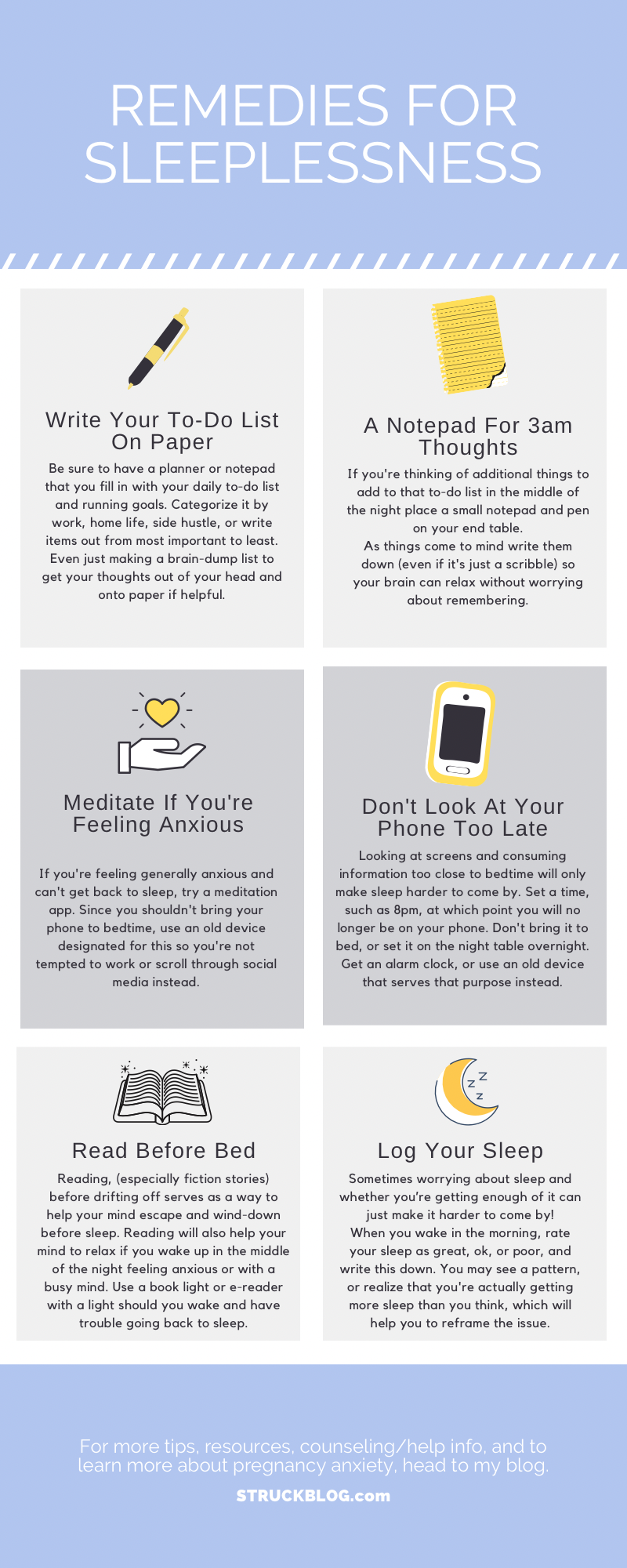
Wishing you a good night’s sleep,
Anna
Shop My Fav Books (more on my Amazon Storefront)
STRUCKBLOG uses affiliate links and has throughout this post. For more information about this and the use of sponsored products on STRUCKBLOG channels, please see my disclaimer page.
Want to see your brand/business featured on STRUCKBLOG? Visit my Work With Me page to see more of my work and to download a copy of my Media Kit.

